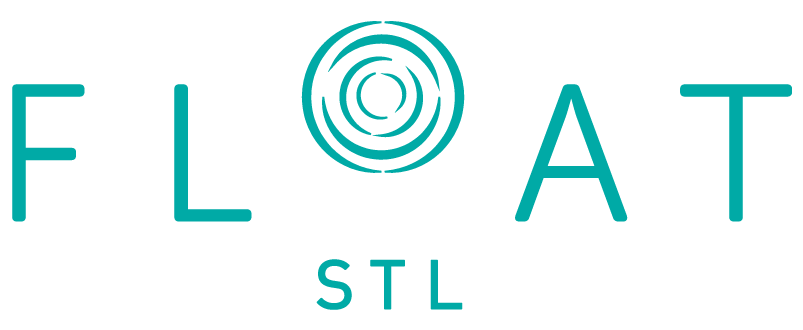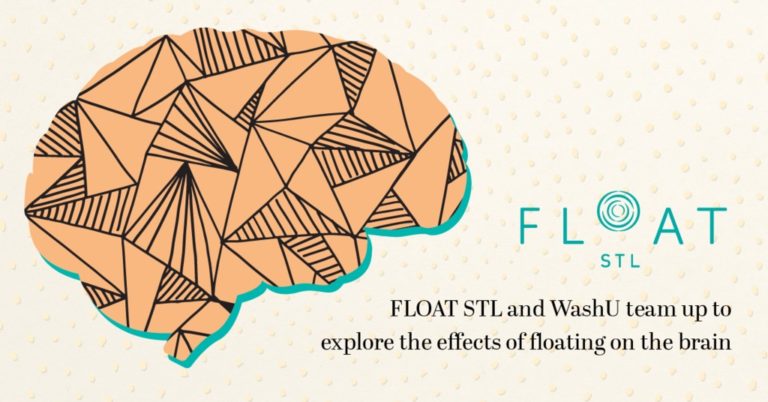by Alecia Humphreys
Since 2015, FLOAT STL has offered sweet relief to metro area residents in the form of reduction in stress, anxiety, inflammation, stiffness, aches and pains via flotation tanks – sensory deprivation tanks filled with highly concentrated Epsom salts water heated to skin temperature. But now, FLOAT STL owner Kevin McCulloch is eager to scientifically show that floating – the act of drifting into a meditative state that rejuvenates your mind and body – is as functional as it is indulgent.
“Right now, it’s a little niche thing that some people are doing,” McCulloch says. “My hope is that a research project can visually and scientifically demonstrate that the benefits of floating would help more people feel like this is a viable option for them, and that they would feel comfortable receiving benefit from.”
After approximately four years of waiting, the FLOAT STL leaders have started a study with Dr. Todd Braver, a professor of psychological and brain sciences, radiology and neuroscience at Washington University in St. Louis, who studies the cognitive and neural mechanisms underlying memory, attention and controlled processing.
In Braver’s research project, one adult twin subject will experience an 8-week-long mindfulness-based stress reduction [MBSR] training, while the other will take part in two 60-minute floats per week for 8 weeks.
“We are taking the brain scans before the 8-week process … and then at the end of that 8-week process, their brains are getting scanned again, [so we are] able to compare the results of those two to learn more information and be able to compare how floating matches up to this widely accepted, scientifically validated training process around meditation,” McCulloch says. “So it’s really exciting because nothing like this has ever been done before. What Professor Braver is doing with meditation is exciting, but for it to also now include floating is really, really exciting.”
Although the study is currently on hold due to COVID-19, McCulloch is eager to learn the logistics when the official study can continue.
“We really believe in [floating] as mental health professionals,” McCulloch says. “From my background and understanding, this is the most powerful tool that people can use to improve their lives to help themselves heal and create a greater sense of connection. It’s super-superpowerful.”

